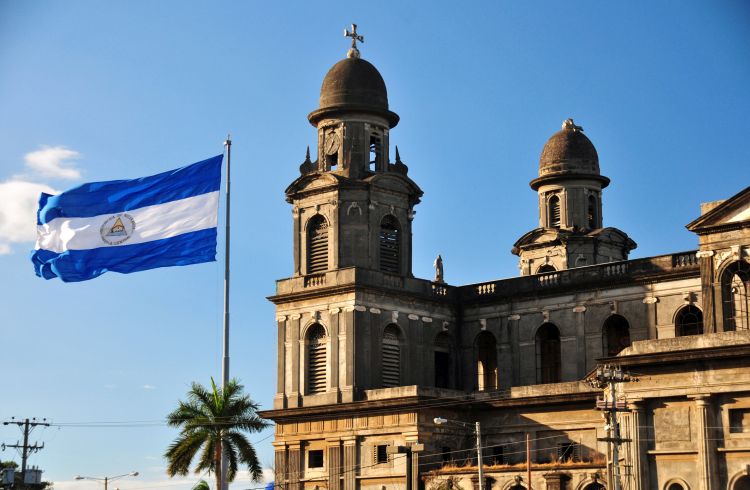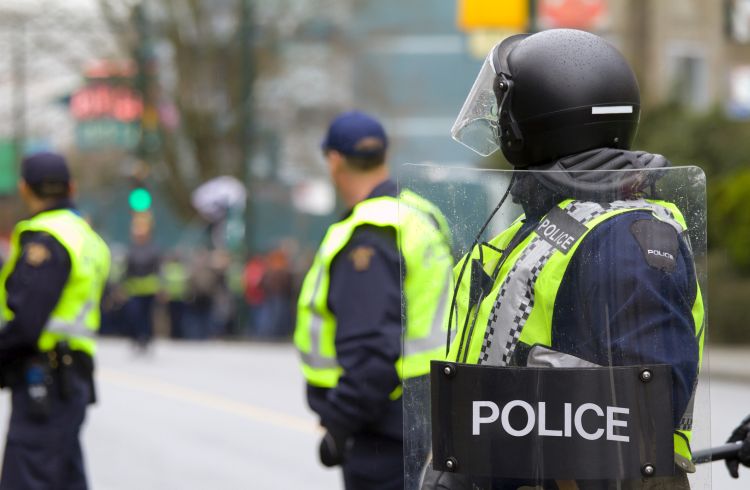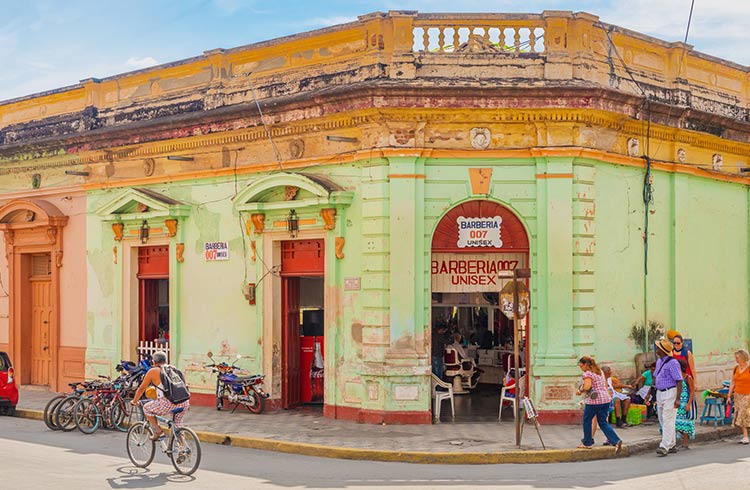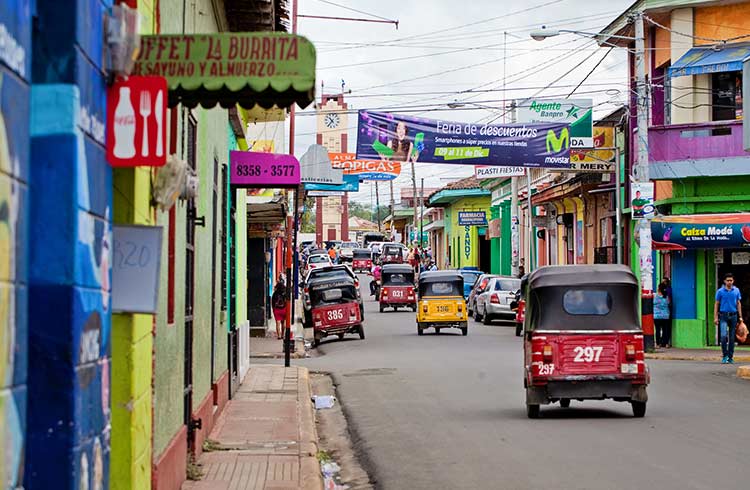Latest Travel Alerts and Warnings for Nicaragua
What are the issues affecting travelers to Nicaragua? Read the latest travel warnings and alerts.
 Photo © Getty Images/mtcurado
Photo © Getty Images/mtcurado
Nicaragua Anti-Government Protests – December 2018
Update: Nicaragua has been placed in the "Reconsider all but essential travel" category for several government travel advisories. While the protests have simmered at the moment, there is still the risk for them to flare up. The UK Government travel advisory reports that it's illegal under Nicaraguan law for any foreigners to participate in political protests, you can be arrested and jailed.
Crime has also increased since the civil unrest began in April. Travelers are advised to be aware of their surroundings and to secure their belongings while in the country.
Thousands of locals have packed the streets of the capital, Managua, and other cities over the past week in response to government announcements regarding social welfare reform which would see some of the country's poorest workers being slugged more taxes and losing benefits.
Unfortunately, things have gone from peaceful to violent with locals clashing with police, resulting in hundreds of people injured and the deaths of more than 300 people. Police were reported to be using live ammunition, tear gas and other ammunition against protestors.
Nicaragua's President Daniel Ortega announced on 22 April that he would abandon the social welfare reforms. However, local anger has not died down, and protestors are calling for the resignation of the president due to incidents of nepotism and undermining the country's democratic system.
With no signs of civil unrest abating, the US has removed some of its diplomatic staff from the country and reduced services available.
What to do if you get stuck in a protest
- Don't get involved. While it may be tempting to watch what is going on, protests can often turn violent. Your travel insurance company may not pay out on claims if you are found to have knowingly put yourself in danger. Which means if you become injured or your personal belongings are damaged, the onus is on you to deal with those costs
- Keep away from protest areas and stay inside if possible. Keep updated with local news and announcements
- Should you find yourself stuck in a protest situation, try to move calmly away from the area. Hot-footing it from the protest may attract the attention of police and they will not discriminate between you or protestors in unrest situations
- If you need help from police, approach them calmly and with caution. Identify yourself as a visitor by showing your passport or identification
- Where possible, let family and friends know where you are and what is happening. Organize a time to check in with them again. If they don't hear from you, they will at least have a last known location which they can provide to authorities back home for assistance and rescue
- Contact your travel insurance provider especially if transportation hubs such as airports and public transport services are shut down
- Contact your country's embassy to let them about the dangerous situation unfolding and where you are. They will also be able to give advice on staying safe and any important updates.
Related articles
Simple and flexible travel insurance
You can buy at home or while traveling, and claim online from anywhere in the world. With 150+ adventure activities covered and 24/7 emergency assistance.
Get a quote


No Comments